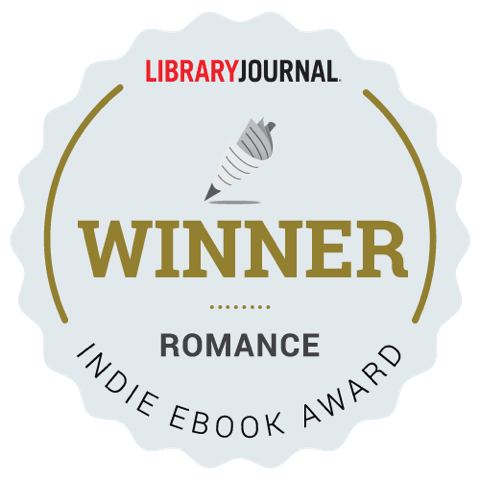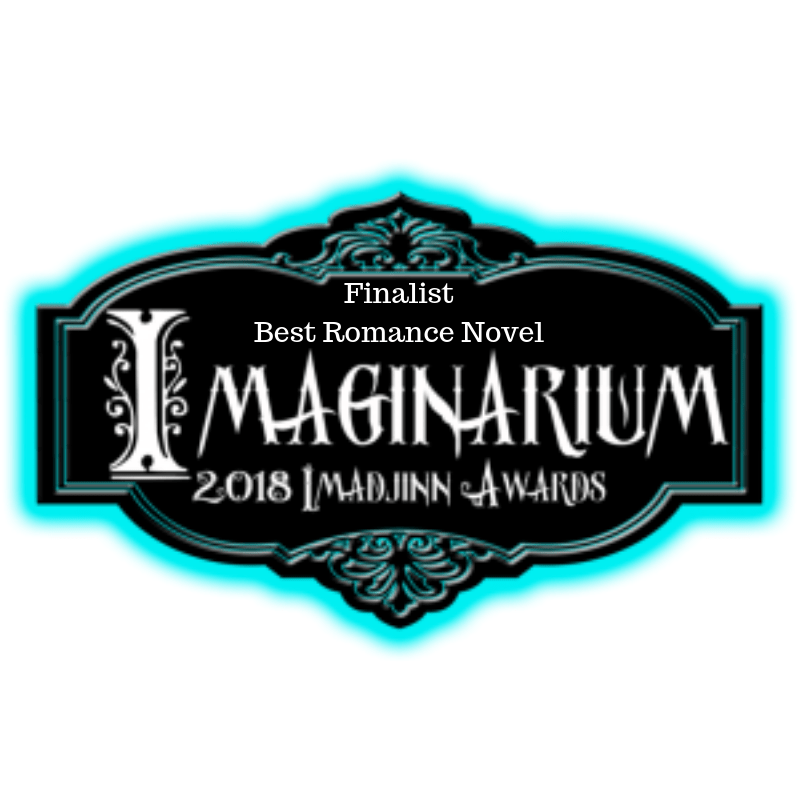Sunday morning I crankily tweeted about an excerpt of an article in the new Romance Writers Report (the magazine published by the Romance Writers of America for its membership) that offered advice on using social media. The excerpt suggested that writers be careful not to express extreme opinions on topics including “gay marriage, or Ferguson.” The article did not state what an extreme opinion was on any of those topics, but went on to suggest writers avoid stands and just say things like “I’m glad this is being discussed” or expressing sadness.
Y’all, among the things I write is gay romance, so this advice is actually terrible for me. One of my recent projects is, in fact, a bisexual interracial romance about a polyamorous couple. So yes, I’m going to talk about gay marriage and racial justice. Also, for fuck’s sake (hi, we do curse at this blog), my co-writer and I are both queer. We’re not controversial political positions. We’re people, who tell stories.
I didn’t think the whole thing would gain the amount of traction that it did (although I am thrilled it has), and for unrelated reasons quickly had to leave the Internets for a writers room on a new project you’ll be hearing about soon. Today, I’m back at my desk at my day job in NYC for the first time in 3 weeks after a lot of business travel; Wednesday night I leave for Los Angeles.
Which is to say, I am trying to keep up with all the great observations, heated discussion, questions, enthusiasm, and new Twitter interactions the whole event has generated. Chuck Wendig has written about it; John Scalzi tweeted about it; Courtney Milan wanted to make sure I was planning to write a letter to RWR about it (I am, and anyone else who wants to should too).
Now, to be honest, in the wake of this article (which has other troubling areas that include slut-shaming about how authors dress and a suggestion writers not express too much happiness about their successes lest it seem they are putting on airs), I did spend a little time thinking about political opinions outside of LGBTQ rights and other social justice I express strongly on Twitter, and if there is room for them there in a way that fits with my writing. In particular, I get very intense about the vaccination issue — vaccinations are important and if you are not immunocompromised in a way that means you can’t have them, you and your kids should get them.
When I tweet about that, I do sometimes lose followers. But the fact is, the vaccine issue is part of who I am as a writer too. One of my book series with Erin has an autistic hero. It is as reasonable for me as a writer to speak up on debunking the autism-vaccine link (there isn’t one), as it is for me to speak up about gay rights or social justice. It’s relevant to my stories, it’s relevant to my world views, and it’s relevant to my brand.
And while it is true political opinions can be alienating to some readers, and that writers can feel like we live and die by our sales, we actually live and die by our words. And it is our humanity and passion, not an indistinguishable acceptability that drives the social media connections that can help us get our books into the hands of the readers for whom we are creating the right stories.
The whole discussion has had some fantastic branches. Diverse romance, for example, has to mean more than M/M romance. Meanwhile, the idea that non-white heroes and heroines mean a romance is not “mainstream” has to go and has to go now. And the fact that stories like this get the most attention when amplified by male voices like Scalzi and Wendig remains troubling, no matter how much I appreciate the signal boosts or how responsibly they work to engage these items.
Romance is a genre that is mostly written and read by women, and it contains a fascinating mix of both conservative (in a non-political sense) fantasy and feminist discussion of desire. Among many other things, the romance genre shows us both who woman are and who women are told to be, and how we — all in very different ways — navigate those shoals.
And it’s for that reason, in particular, that I don’t think the RWR did well by its members by publishing an advice piece (for which its author was paid the standard rate of $.15/word with our dues money) that felt like it was telling us to be good girls who don’t rock the boat — especially if we’re gay or women of color.
RWA has worked hard in the last several years to embrace diversity — diversity of authors, characters, genres, and more. Hilariously, in the same issue of the RWR is an article on diversity in the genre. But letting this bit of advice slip through made the genre’s diversity seem like a burdensome afterthought instead of one of the keys to romance continuing to be one of the top money-makers in publishing.
Anyway, if you’ve been a part of this conversation, it’s nice to meet you. I hope we can keep the conversation going.





Racheline, as a fellow romance author in the LGBTQ genre (and let’s be honest, calling it a “genre” or “subgenre” is problematic in and of itself, although I can recognize the need to classify from a publishing standpoint), I totally agree with you on this point. My views are relevant to my brand, and I would rather “alienate” readers who don’t want to read my book based on subject matter than pretend to be someone I’m not and get bad reviews because someone didn’t realize they were reading an LGBTQ book beforehand. (That happened to a writer friend of mine recently when she got a comment akin to “I didn’t know this was a gay book” along with a one-star rating).
And from a reader standpoint, I would appreciate authors who are honest about their views. I’d rather not support an author who has views that radically contradict my own.
Great piece!
Any organization that’s telling a writer to not rock the boat isn’t an organization I’d want to be a part of, personally. I admire you for staying true to yourself and your ideals. Keep rocking that boat!
It’s important to note this article is not official RWA policy. Rather, it’s professional development advice in the magazine that goes to members in an article penned by a member.
I agree, Racheline. I’ve only been an RWA member since 2012, but I’ve attended several regional conferences, nationals once, and I’ve listened to the audio recordings for 4 or 5 national RWA cons–we’re talking hundreds of sessions. This idea of shushing ourselves to not rock the boat is not anything I’ve heard taught in any of the RWA sessions.
I’m hoping this is an outlier from a well-intentioned but misguided person, who needs a bit of an update on the modern realities of social media. I hope that RWA responds with a more comprehensive follow up.
I’ve see that advice before, but I’ve never been very good at censoring myself. I do think it is important that authors *understand* they may get backlash for the things they say. I’d like to say I always let a piece of work stand on it’s own merits, but I know there has been at least once that an author said something on social media that caused me not to buy her books any longer. It made that strong an impression that I couldn’t separate what she said from her work.
On the other hand, there are certain issues that cause me to be offended if someone *doesn’t* take a stand. Someone is going to judge either way, so if I feel strongly about something, I’m likely to say so.
“One of my recent projects is, in fact, a bisexual interracial romance about a polyamorous couple.” I couldn’t figure out from your book page which project that was? I kind of wanted to go buy it. (First time I’ve seen your name was when Jenny Trout retweeted you on this, so I’m not familiar with your ongoing series enough to know if that’s what you’re talking about.)
(First time I’ve seen your name was when Jenny Trout retweeted you on this, so I’m not familiar with your ongoing series enough to know if that’s what you’re talking about.)
Hi, thanks for your interest! The story in question is Evergreen, which is about 12,000 words and is a standalone (no prior knowledge needed (we hope/think)) set between books 1 & 2 of the ongoing series. It’s linked to various places you can get it on our book page. The main character in it is the major secondary character of the larger series, and this was our chance to showcase how he navigates a bunch of his relationships (including with his fiance; his childhood best friend/lover; his asexual boyfriend; and his ex-boyfriend/best friend).
Pingback: Buzz Worthy News: What a Week March 16, 2015 | Cuddlebuggery Book Blog